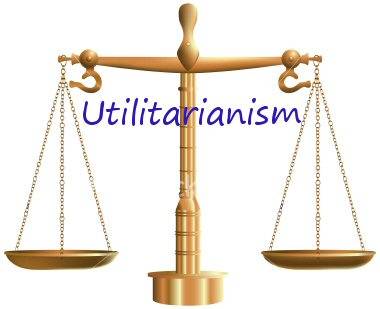There are quite a few characteristics of utilitarianism, but I'll provide two that I think are highly significant below:

Consequentialism is a major characteristic of utilitarianism. Basically, it's the view that consequences should be looked at to decide whether an action was ethical or not.
For example, telling a lie to most people is seen as unethical. After all, what can be ethical about lying? Consequentialism views this in an entirely different way. If the consequence of a lie was positive, then the lie is deemed ethical.
Take the following example - You're hiding someone in your house who's being pursued by a gang of people that want to do him harm. They find your house and ask where he is, but you tell them that he's already gone. Although you lied, you potentially saved another person from harm, and as such, the lie was ethical under consequentialism.
Universalism
Universalism is another fundamental characteristic of utilitarianism. It's the notion that one set of morals apply to every living person. That means that cultures and beliefs do not alter universal morals, which are shared by all.
Of course, within everyday life, this doesn't really apply to most people. Different cultures hold different moral values.